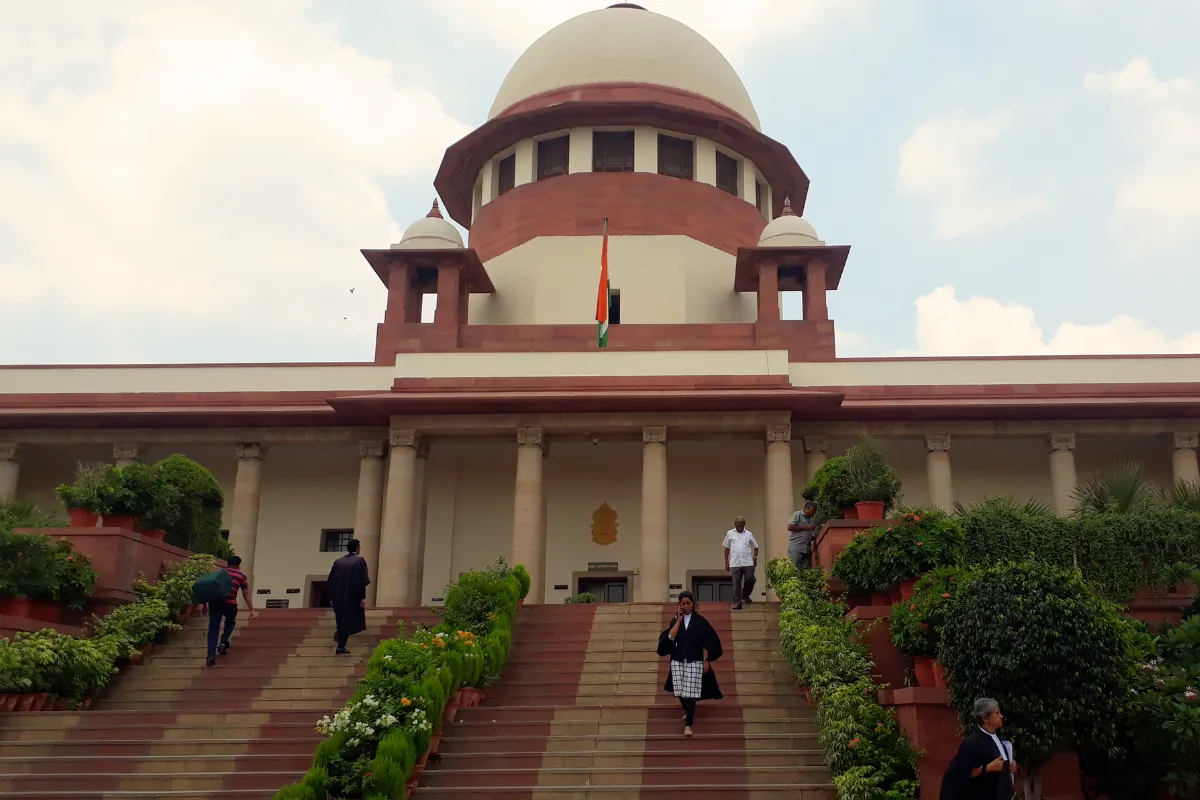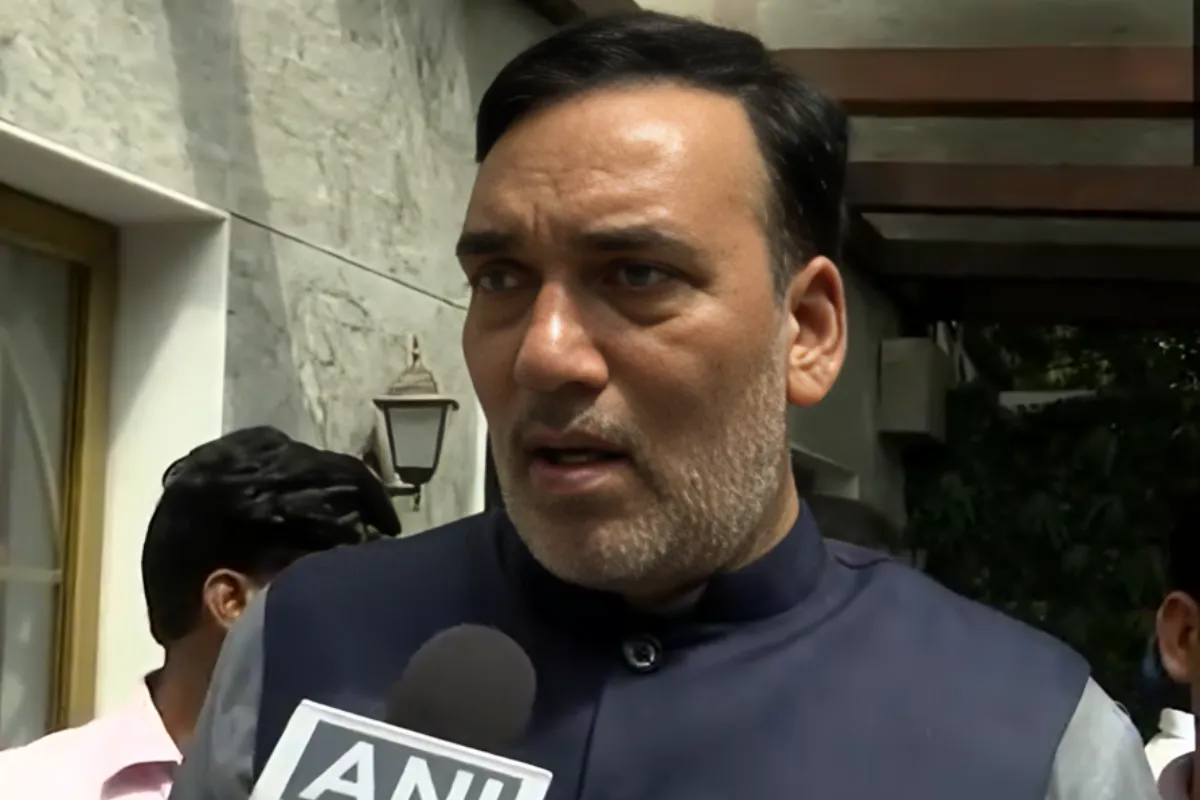In a dramatic turn of events, the Enforcement Directorate (ED) has apprehended Amanatullah Khan, a prominent leader of the Aam Aadmi Party (AAP). The arrest took place on Thursday, shortly after Khan appeared before the ED for questioning in a money laundering case linked to alleged irregularities during his tenure as the chairman of the Delhi Waqf Board.
The Unfolding Saga
The investigation against Khan stems from a Central Bureau of Investigation (CBI) case and three separate complaints filed by the Delhi Police. The ED had previously conducted raids on Khan’s premises, alleging that he had amassed substantial illicit gains through illegal recruitment practices within the Delhi Waqf Board and the unfair leasing of its properties.
Allegations and Denials
According to the ED, Khan is accused of acquiring “huge proceeds of crime” in cash through unlawful recruitment in the Delhi Waqf Board and investing these funds to purchase immovable assets in the names of his associates. The agency claims that “incriminating” physical and digital evidence was seized during the raids, indicating Khan’s involvement in money laundering activities.
Khan, however, maintains his innocence. Speaking to reporters before his questioning, he asserted that he followed the rules during his chairmanship of the Waqf Board and sought legal counsel, adhering to the new Act introduced in 2013.
Legal Battles and Anticipation
The Supreme Court had recently dismissed Khan’s anticipatory bail application in the case, directing him to cooperate with the investigation on April 18. The apex court expressed its dissatisfaction with Khan’s failure to comply with previous ED summonses.
The AAP has labeled the investigation as one of the “false cases” being filed against its party leaders, alleging political motivations behind the probe.












